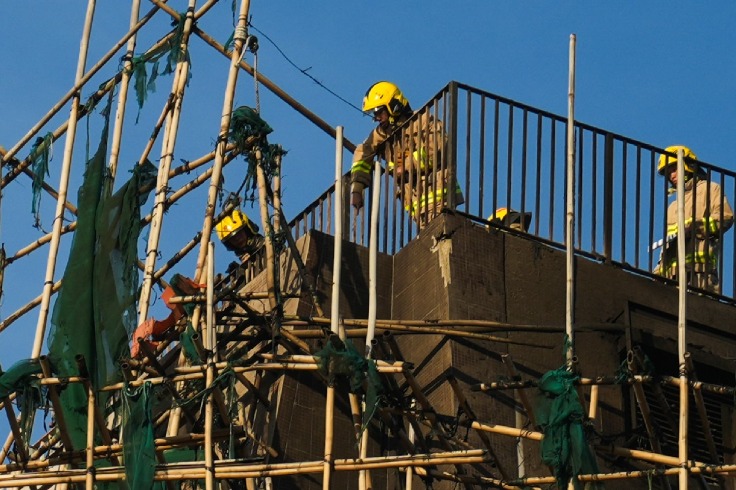The hidden scars that take years to heal


Long-term support
Zhang stressed the importance of long-term psychological support. "People often need a long time to recover from mental wounds. For example, take the magnitude 7.8 earthquake in Tangshan (Hebei province)-even now, many people are still influenced by what they experienced then, even though the quake occurred in 1976," she said.
In November 2008, the AIDS prevention project arranged for 34 teachers from Sichuan to visit Beijing and spend two weeks attending psychology classes and lectures delivered by experts. In the following three years, the project was extended, with the result that many of the teachers became licensed psychologists.
"The Wenchuan earthquake is a milestone in post-traumatic psychological support in China. In the past, people were reluctant to visit psychologists, even during a crisis, because they felt ashamed to be labeled as having a 'mental illness'," said Liu Zhengkui, a researcher with the Institute of Psychology at the Chinese Academy of Sciences.
According to Liu, before the Wenchuan quake, no psychologists in China specialized in post-traumatic assistance, so the inadequate counseling provided by untrained volunteers in the immediate aftermath resulted in many victims shunning psychological assistance, and some inappropriate advice even made the victims' conditions worse.
In the first three years after the quake, the institute sent professionals to many badly affected areas to provide treatment and training.
"Foreign experts who provided experience of post-trauma assistance were very helpful, but we discovered that some of their techniques, such as exposure therapy (which is often used to treat anxiety disorders), were not practiced efficiently in China," Liu said.
"By learning from both practice and overseas experience, our experts discovered some unique and effective treatments-for example, practicing calligraphy-which proved to be useful methods of tackling stress and nervous disorders for many patients."
According to the institute, more than 1 million people have benefited from crisis counseling in the past 10 years, with more than 50 percent of them age 18 or younger.
Moreover, some survivors have learned to overcome their initial trauma and now regard the disaster as a moment of revelation.
"I don't see the earthquake as a bad thing. Somehow, I have to appreciate it because it made me see the best in people. For me, the rescuers who used their bare hands to dig me out, the volunteers who cared for me 24/7 at the hospital and teacher Chen are all superheroes," said Feng, the former student.
Chen Heqiong, the teacher who spent three days buried in the rubble of Xuankou High School, was so deeply affected by the disaster that in 2009 she changed her birthday to May 12, the date the earthquake struck.
"For me and students such as Feng, it was the day we were reborn-we have to make sure we live our new lives to the full," she said.
- China's top political advisor meets delegation of A Just Russia party
- Pooled efforts expected to deepen reforms in Hong Kong with new legislature elected
- Nanfeng mandarins of Jiangxi are going global
- Former senior official of Guangxi expelled from Party
- Former CPPCC official Bi Jingquan dismissed from office
- Man detained for allegedly hugging unfamiliar girl in Guangdong park



































